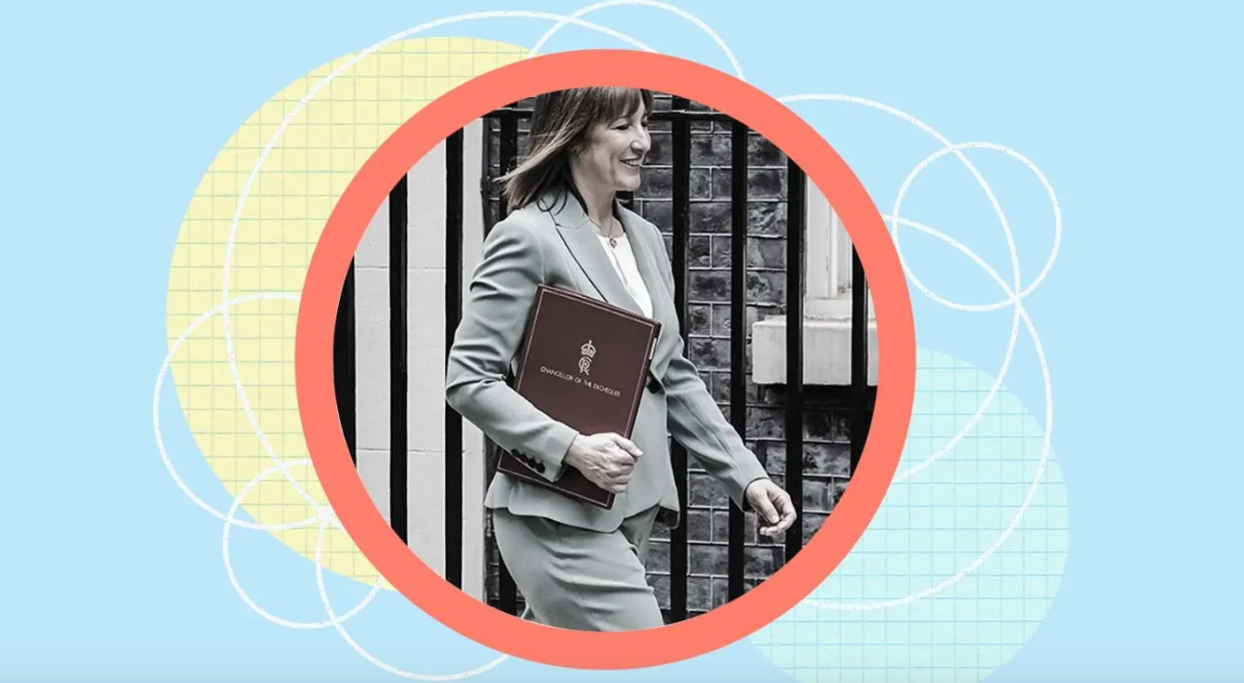Should Rachel Reeves raise income tax?

Last week in The Times our chief economic strategist Gerard Lyons was asked to take a position on whether Rachel Reeves should raise income tax. His answer is below, and you can read the full article here.
Now is not the time to raise income taxes.
The poor state of the public finances was clear before the election, yet Labour committed to not raise income taxes. If ministers wants to break something, let it be their self-imposed fiscal rules, not the policy they were elected on.
Income taxes should only be increased when it is economically sensible, just as they should only be cut when fiscally prudent. The economy is stumbling and raising taxes would hit growth.
There are five routes to get the fiscal numbers into shape: growth, reform, tax, austerity and borrowing.
The root cause of the problem is weak growth. Addressing this takes time, as does reform. The politics rules out curbing spending and borrowing is already high. So, the chancellor’s focus will turn to tax, and that is the problem.
Raising taxes when the economy is weak is misguided. To go down this route dampens growth and hits future taxes. It’s like being in a hole and digging deeper.
We have already been given a warning shot. The increase in national insurance in last year’s budget is leading to job losses in high-employment, low-wage sectors such as retail and hospitality.
The tax burden is at a post-war high and still rising. Incentives are being steadily eroded, distorting work, saving, investment and enterprise. Marginal tax rates are high. Tax simplification is needed.
It’s wrong to say that taxes on income are not rising already. Many workers are being hit by the government’s decision not to raise allowances in parallel with inflation. This is dragging many into higher tax brackets.
To make her sums add up in the budget the chancellor is likely to extend the freeze on income tax allowances. So those in work will be hit anyway. She might also reduce tax relief on pensions.
The average worker’s tax rate fell to its lowest since 1975 during the last parliament, but it’s hard to argue that they are in a position to pay more tax, given the cost of living crisis.
A progressive tax system makes sense, with the top 10 per cent of earners paying around two thirds of income tax. In a globally competitive economy, overtaxing mobile assets, such as skilled labour, or multinational firms, risks driving talent abroad and deterring investment.
This article represents the views of our chief economic strategist and should not be taken as investment advice. Investments carry risk, and their value can go up as well as down.